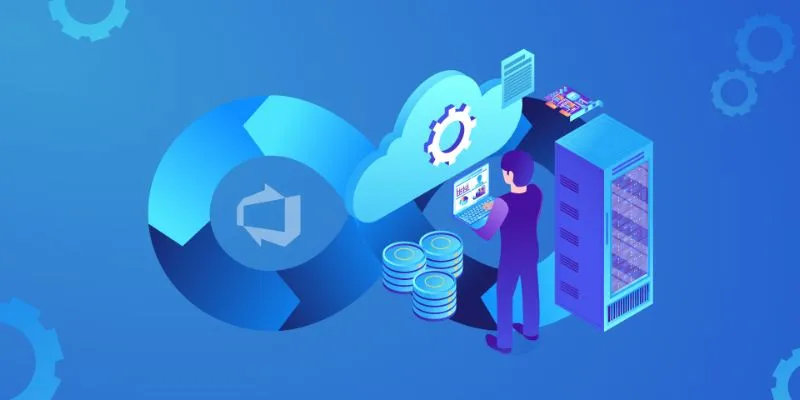
DevOps is a game-changer for organisations aiming to streamline the development-to-production cycle in today’s fast-paced software development environment. For full-stack developers, gaining proficiency through comprehensive DevOps Training in Bangalore is invaluable, especially when building and deploying robust applications. However, security must be an integral focus as DevOps speeds up automation across the pipeline. This article covers essential security practices in DevOps that full-stack developers should prioritise to safeguard applications, data, and infrastructure.
1. Shift-Left Security: Start Security Early in Development
A core tenet of DevOps is addressing potential risks early in the development lifecycle—this is where “shift-left security” comes in. By integrating security practices at the earliest stages, full stack developers can catch vulnerabilities before they reach production.This ensures code quality from the start, reducing risk in the production stage.
2. Continuous Security Testing in CI/CD Pipelines
Security testing throughout the CI/CD pipeline ensures that each update, feature, or patch is checked for potential vulnerabilities without delaying deployment. Continuous security testing can be learned hands-on in a Full Stack Developer Training in Marathahalli, where developers use tools for dynamic application security testing (DAST), dependency scanning, and container security. This ensures that security remains intact across every stage, making it an indispensable part of DevOps for full-stack applications.
3. Embrace Infrastructure as Code (IaC) Security
As full-stack developers adopt infrastructure as code (IaC) to automate and manage cloud resources, securing IaC becomes critical. DevOps training often covers IaC security practices such as static analysis tools, enforcing security policies, and environment segmentation. Understanding these practices through DevOps Training in Marathahalli helps developers set up automated checks and manage cloud resources effectively.
4. Secure APIs and Data Flows
With fullstack applications relying heavily on APIs to connect front-end and back-end components, securing these interfaces is vital. Many full-stack courses emphasise securing APIs, covering strategies like authentication protocols (OAuth, JWT), data encryption and rate limiting. These measures protect data in transit and at rest, reducing the risk of attacks on exposed endpoints.
5. Implement Secrets Management
In a DevOps environment, secrets like API keys and database passwords must be securely managed. Tools such as Hashi Corp Vault or AWS Secrets Manager centralised storage and access control for secrets. Proper secrets management ensures that sensitive data remains protected, minimising the risk of exposure.
6. Regular Vulnerability Scanning and Monitoring
For fullstack developers, implementing regular vulnerability scans and monitoring is essential for detecting threats. Training on DevOps tools such as vulnerability scanning solutions and centralized logging (e.g., ELK Stack) is often part of a Full Stack Developer Courses in Bangalore. These tools allow real-time monitoring and alerts, enabling quick responses to potential security breaches.
7. Secure Software Development Practices
Following secure coding standards is fundamental to DevOps security. Input validation, secure authentication mechanisms, and attack surface minimisation are covered in both DevOps and full-stack courses, helping developers write secure code from the start.
Security is an essential aspect of the DevOps pipeline, especially for full-stack developers responsible for both front-end and back-end components. By implementing these practices, developers can build high-performing, scalable, and resilient applications against threats. From shift-left security to continuous testing and secrets management, prioritising security across the DevOps pipeline will help protect applications and maintain user trust.
For full-stack developers, an integrated approach to DevOps and security—such as that offered in Training Institute in Bangalore is essential for developing resilient applications that meet today’s challenges. Through proactive security measures, developers can make security a natural part of their DevOps workflow, ensuring robust user and system protection.
Also Check: DevOps Interview Questions and Answers
